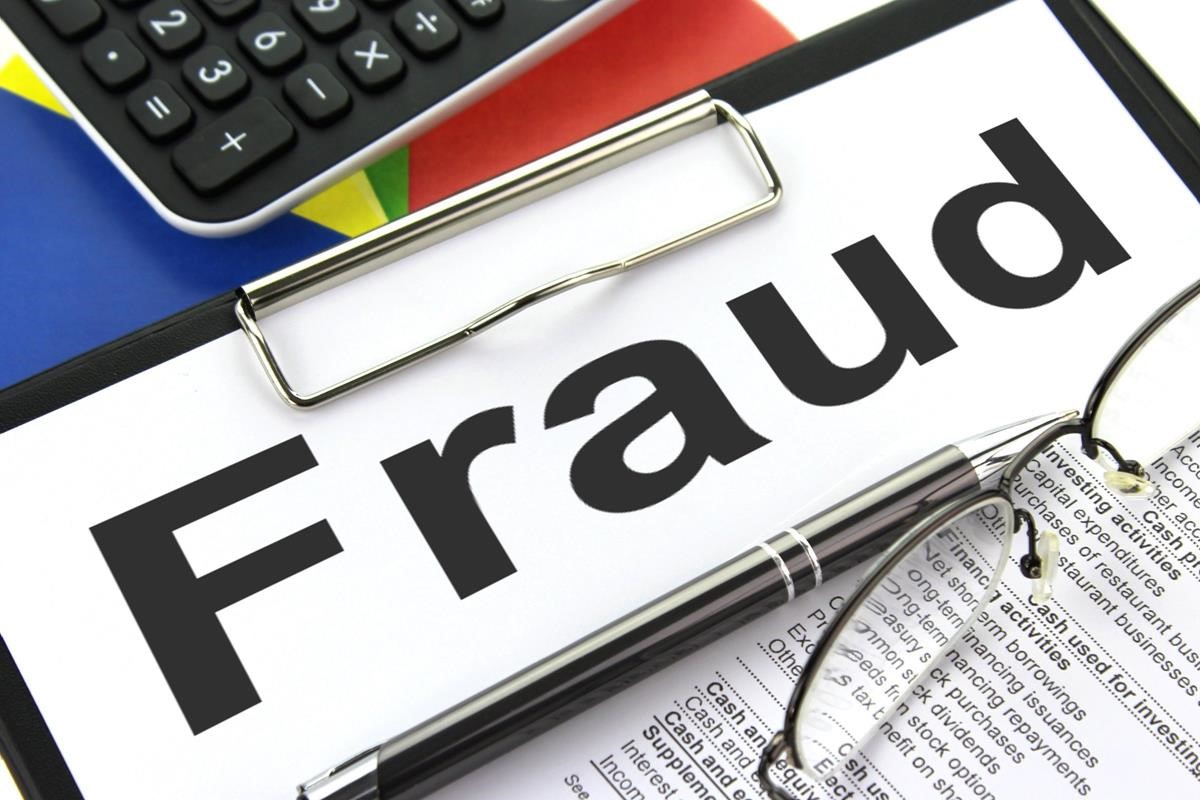Dear Leader,
We have seen it too often. A fraud case breaks out. Panic. Headlines. Then… silence.
Why?
Because the so-called investigation team was built on fear, not skill. They showed up with titles, not tools. Everyone thought the presence of a police officer, a lawyer, and the “IT guy” would solve the mystery. But it did not. The case collapsed. The money vanished. And everyone moved on.
Let us get this straight investigation is not drama. It is a method. It is not magic, it is about evidence. Facts. Facts and more facts.
And in Africa today, where corruption wears a clean shirt and drives a government car, your ability to investigate defines your survival. Let me take you behind the scenes.
A staff loan gone rogue
Last year, in a government agency not far from Nairobi, a routine payroll review raised a subtle flag. A staff member had taken a loan of KES 3.4 million from the staff SACCO. All fine. Except, the deductions quietly stopped after month three.
No one noticed. No one asked. HR kept processing payroll. Accounts kept remitting salaries. And the SACCO kept bleeding.
Until one day, a sharp internal auditor asked a simple question: “Why did loan recovery stop?”
That question cracked the case.
She discovered the staff member had colluded with the payroll officer to halt deductions. They edited the CSV file manually before uploading it to the bank portal. The bank simply paid what it was told. The SACCO was not on the instruction list. Case closed at least for them.
How the auditor cracked it
She did not shout. She traced. She enlisted the help of a fraud examiner with digital forensic skills.
And together, the case was cracked. Leading from the front, the Internal Auditor matched HR records with payroll files. She requested system logs showing changes to the CSV uploads. She interviewed the staff member off-site where he was more relaxed and arrogant. She dug through SACCO receipts. And then she followed the money. It had gone to a betting account and was later withdrawn in cash.
Total recovery? KES 1.4 million.
Total loss? KES 2 million.
But the real win? The method. Her report did not speculate. It proved.
So, what does it take to crack a case?
a) If you are in a hurry, you will miss the details. Most fraudsters mess up in the fine print.
b) Curiosity. Ask the awkward questions. If it makes people uncomfortable, you are probably getting close to the truth.
c) Documentation. What you do not document does not exist. No matter how obvious it is in your head.
d) Emotional control. Do not accuse. Observe. Do not confront. Confirm. The minute you make it personal, you lose objectivity.
e) Follow the trail. In Uganda, money does not go far. It lands in school fees, land purchases, or mobile money. Trace it.
If you want to master investigation, stop thinking like a cop. Think like a strategist. Ask what does not make sense. Cross-check everything. And when you find a discrepancy do not celebrate. Trace it backward until you can write a report so tight no suspect can wriggle out of it.
Because in this game, suspicion makes noise.
But evidence makes arrests.
Stay sharp.
Unlock your investigative skills and become a reporting pro: Sign up today for our Investigation and Report Writing Course and start making an impact
Copyright Institute of Forensics & ICT Security 2025. All rights reserved.




